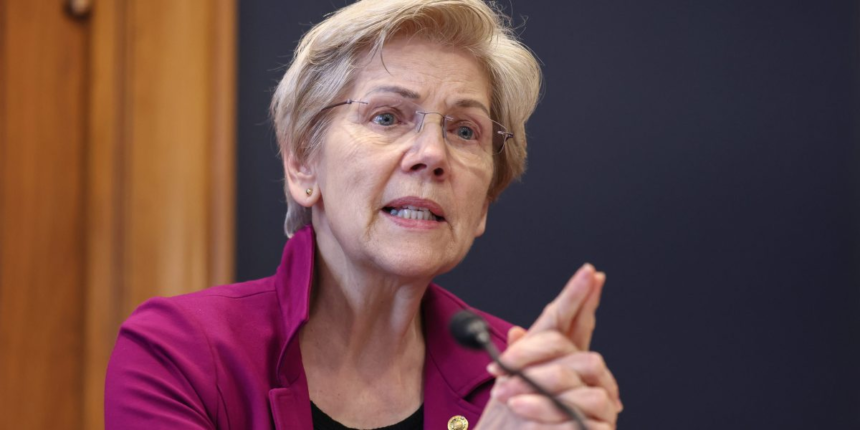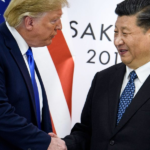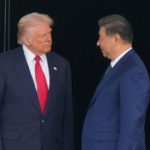Indeed, markets have now generally begun to look through the tariff back and forth, and are less concerned by the ultimate fallout than earlier in the Trump 2.0 administration. Goldman Sachs, for example, wrote this week that even a 15% universal tariff rate would result in only a 1.3pp increase to the effective tariff rate overall.
The lasting damage of the Trump presidency on these relationships is a concern for Democrat Senator Elizabeth Warren (Massachussetts). She told Fortune in an exclusive interview: “Donald Trump has done enormous damage to America’s partnerships around the world.”
“The impact of six months of Donald Trump will be felt for two generations, as more nations blink hard at what’s happening in the U.S. and conclude that we are simply not a reliable trading partner. That hurts us now and it will hurt our children and our grandchildren.”
The White House argued tariff action is for the benefit of voters. Spokesman Kush Desai told Fortune: “No one has suffered more from America’s lopsided ‘free’ trade arrangements and foreign countries’ unfair trade practices than the working class Americans who Elizabeth Warren has always pretended to be a champion for.”
“President Trump’s tariffs have already delivered trillions in historic investment commitments that will create tens of thousands of quality jobs, along with new trade deals with the U.K., Vietnam, Indonesia, and more countries to come that level the playing field and create billions in new export opportunities.”
Desai finished that Warren “talks” but Trump “delivers.”
This is one of three costs Sen. Warren says is already trickling through the economy because of White House policy, explaining: “Families across America have been paying more on credit cards and car loans and other forms of consumer debt because Donald Trump has played a game of on, off, on, off, on, off, on tariffs.”
The other costs, she continued, is that investment particularly in sectors like manufacturing has declined.
She said: “No one wants to build a new factory, buy a lot of expensive equipment or train a workforce if they don’t have a sense of what their imports will cost and what their exports may get tagged with in the tariff world.”









